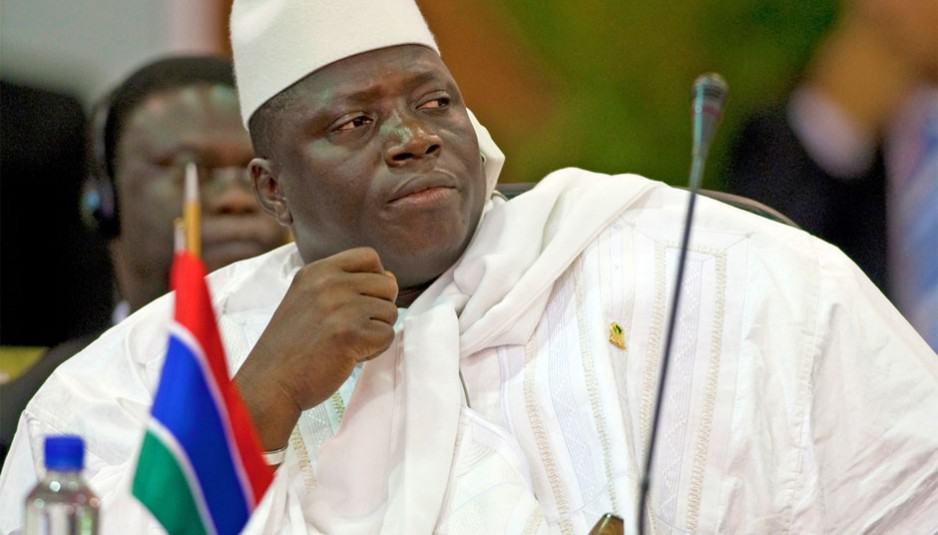Since losing the December 1st, 2016 elections to opposition candidate, Adama Barrow, The Gambia’s sitting president, Yahya Jammeh has posed perhaps the strangest puzzle in recent times to enthusiasts of democracy in Africa. The whole world rejoiced when he placed a televised phone call to his opponent on December 2nd, 2016 to concede defeat, wish him well in governing the country and assure him of his support; the camaraderie was palpable. However, caution was the word, considering Jammeh’s erratic nature of governance over the years. He is well reputed to have little regard for international political order, having withdrawn his country’s membership of The Commonwealth, unilaterally labelled The Gambia an Islamic Republic, announced that he could rule The Gambia for a billion years, claimed to have a herbal concoction to cure AIDS, and disregarded the alleged politically-motivated murder of journalists in the country. True to type, Jammeh completely denounced the elections after a week and ordered fresh elections.
The failure of the international community, primarily the Economic Commission of West African States (ECOWAS) and the African Union (AU) to broker a peaceful resolution to the impasse since then is a sad indication of things to come. Elders like Nigerian president, Muhammadu Buhari and Liberian president, Ellen Johnson-Sirleaf appear to have tried everything to compel Jammeh to step down, including offering him assylum in Nigeria and threatening military action to force his departure from power. Jammeh listens to no one, and that is a problem for Gambians and Africans at large. Africa does not need one more civil war motivated by political ambition; Gambians can ill afford more hardship, considering that the country exists mainly off small-scale farming, fishing and tourism. In an era where elections in the Democratic Republic of Congo, Gabon and Somalia (to name only a few) have resulted in unwarranted loss of lives and property, Africa needs a few things to go right.
It is extremely shameful that after 22 years in power, Yahya Jammeh is unable to prioritize the peace and stability of The Gambia above his personal ambition to rule; it is very disheartening that African leaders are unable to persuade one of their own to do the right thing and allow democracy to run its course; it is very disturbing that military offensives could be the last resort to protect the sanctity of votes in Africa. As an organization designed to enable long-term political and economic stability on the continent, Future Africa is worried about the potential extensive implications of an unresolved crisis in The Gambia – emboldening other long-term rulers on the continent to pursue extensions to their already over-stretched terms in office; destabilization of one more country in West Africa following Burkina Faso, Liberia, Cote d’Ivoire, Sierra Leone and many others; undeserved loss of lives and property; and unfortunately laying a precedent for military invasions of African countries by others simply to ensure peace.
We call on ECOWAS and the African Union to ramp up efforts to further persuade Yahya Jammeh to step down peacefully when his constitutionally-allotted tenure expires on January 18th, 2017. We call on citizens of the The Gambia to maintain restraint and refuse to be cowed into violence. We call on all African citizens to raise their voices to sensitize others that we must all be guardians of democracy – an imperfect, yet viable, system that promotes peace and prosperity for all.
Future Africa is a pan-African leadership organization founded to enable long-term political and economic stability in Africa by entrenching a robust system of citizen collaboration with governments, and preparing future generations of high impact leaders for the public sector.
www.futureafrica.net





